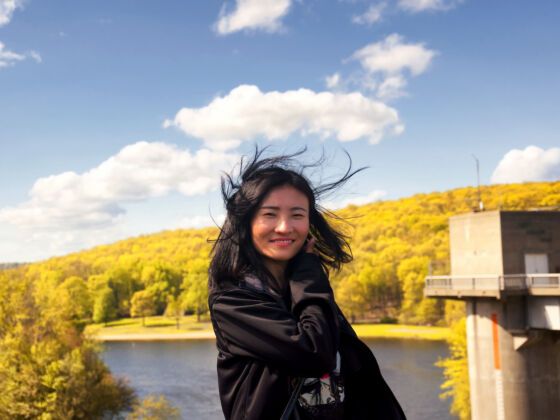Before my first trip to China in 1990, I bought a copy of Lonely Planet for its off-the-beaten-path approach. But I was taken aback when I got to the part in which the writer explained how travelers should expect lots of attention from locals, who are fascinated with our light hair, eyes and skin. At that point, I realized that as an Asian-American, I wasn’t the kind of traveler the writers had in mind.

Let's Move Past the Default (White) Perspective in Travel Writing
Western travel writing reflects a particular bias around who travels and has the authority to report on other cultures. Look at the contributor photos for any of the biggest travel magazines and best travel writing anthologies, and you’ll find that the writers are overwhelmingly white. People of color show up only as subjects or exotic background characters who are “discovered.”
Given the huge success of writers of color in other genres, such as Amy Tan and Toni Morrison, it’s time for travel writing publishers to also move on from this tired narrative of white discovery. Instead of reading a guide by someone who got stared at a lot in Beijing for his blonde hair, I want to hear what a night out on the town looks like from a Chinese hipster. Instead of one more article about pristine beaches in Thailand, I want to know what the fishermen who call those places home have to say. Instead of another colonialist description of African safaris, how about more narratives from black Americans who seek to connect with their ancestral cultures. I don’t need travel writers to look just like me. But I do need them to understand that someone who looks like me is not by default the exotic other.
This kind of travel writing is out there — in the blogosphere and independent publishing — challenging dominant assumptions around who has the authority to speak for others. As Caribbean-based writer Abena Clarke reminds us, “Travel is not a white boy’s club, and never has been.” My hope is to, one day soon, find that reflected in The Best American Travel Writing and Lonely Planet.
This first appeared on San Francisco’s public radio station KQED and is republished here with permission.